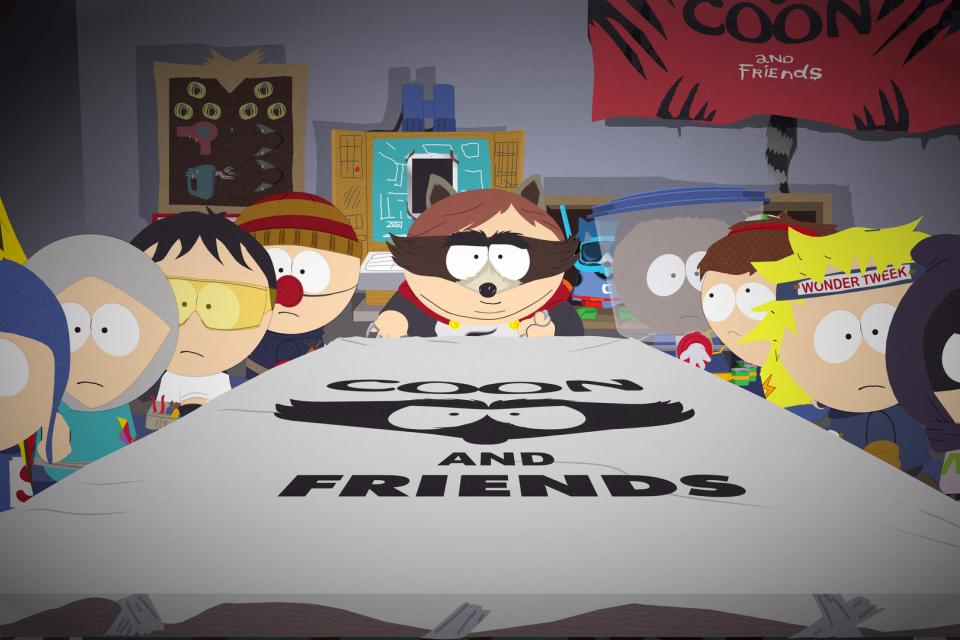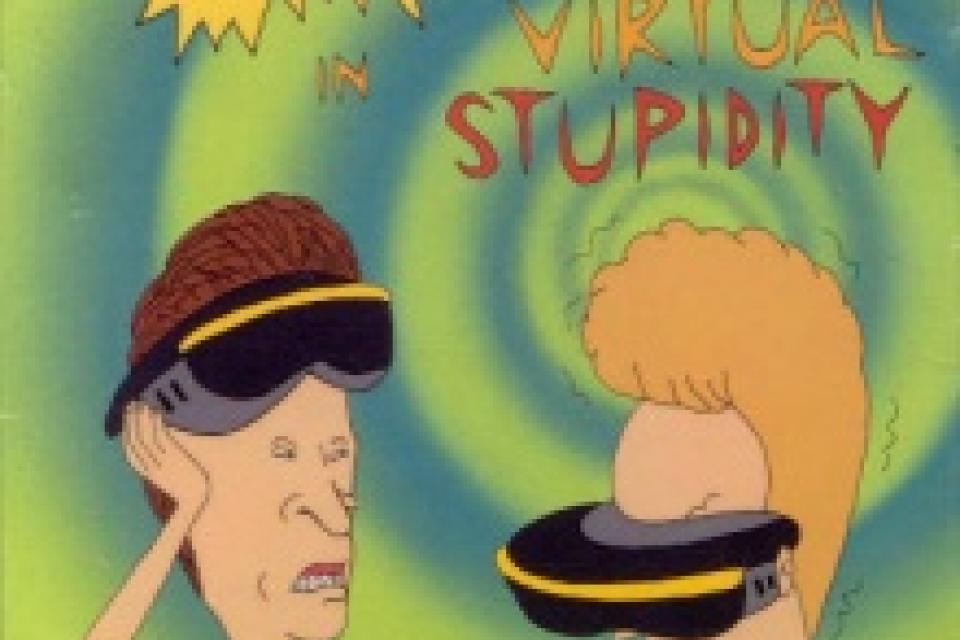
In a strange twist of events, the same court which shut down Napster, the 9th U.S. Circuit Court of Appeals, has dealt a blow to movie and music studios by declaring Grokster Ltd. and StreamCast Networks, not liable for the swapping of copyrighted content.
The court's ruling, a full copy is available by following the download tab above, relies on the fact that the two companies, unlike Napster, don't have central servers where users can access copyrighted material. The appeals court upheld a lower court ruling which, more or less, dismissed the majority of the music and movie industry lawsuit against the P2P software developers. The decision to do so was unanimous and Judge Sidney R. Thomas wrote : In the context of this case, the software design is of great import... the judge also added that the ...technology has numerous other uses, significantly reducing the distribution costs of public domain and permissively shared art and speech, as well as reducing the centralized control of that distribution...
Even more amazing was the court's warning to the music and movie industries regarding the dangers of insisting on changing current copyright laws. The RIAA (Recording Industry Association of America) and MPAA (Motion Picture Association of America) are currently working with Senator Orrin Hatch on the Induce Act, which would change the laws regarding copyright infringement and could make devices such as the iPod illegal. The ruling even goes as far as to suggest that ...not only would such a renovation conflict with binding precedent, it would be unwise. Doubtless, taking that step would satisfy the Copyright Owners' immediate economic aims. However, it would also alter general copyright law in profound ways with unknown ultimate consequences outside the present context. To read about the act follow the download tab above.
Finally the court, showing remarkable insight and an in-depth understanding of the current situation, goes on to add ...the introduction of new technology is always disruptive to old markets, and particularly to those copyright owners whose works are sold through well-established distribution mechanisms. Yet, history has shown that time and market forces often provide equilibrium in balancing interests, whether the new technology be a player piano, a copier, a tape recorder, a video recorder, a personal computer, a karaoke machine, or an MP3 player. Thus, it is prudent for courts to exercise caution before restructuring liability theories for the purpose of addressing specific market abuses, despite their apparent present magnitude.








